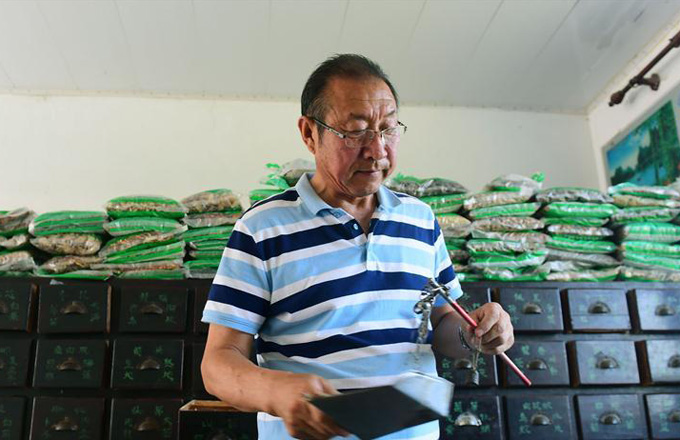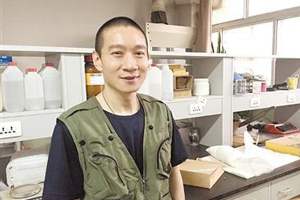Controversial gene-editing study retracted from top journal
A Chinese scientist has retracted the study of a controversial gene-editing technology from a world-leading journal after the science community raised questions about the research's authenticity.
In an announcement published on Wednesday, the research team led by Han Chunyu, an associate professor with Hebei University of Science and Technology, said they retracted the paper because of the continued inability of the research community to reproduce the key results in their?paper on Argonaute protein (NgAgo), which they claimed to be a powerful genome-editing tool.
"Despite the efforts of many laboratories, an independent replication of these results has not been reported. We are therefore retracting our initial report at this time to maintain the integrity of the scientific record," said the announcement published?on Nature Biotechnology.?
Han and his colleagues published the paper in the journal in May last year, claiming that NgAgo was a better gene editor than the widely used CRISPR–Cas9 approach.
The findings of the study were widely reported, especially in the Chinese media. According to the media monitor site Meltwater, nearly 4,000 Chinese news stories cited Han's paper in just the first two months after the publication.
However, the failure of an increasing number of scientists from abroad and home?to reproduce the results of the?study raised doubts that the protein works as a gene editor.
In November, Nature Biotechnology published an?article to alert its readers to potential problems with the NgAgo paper, and asked Han's team to explain the failures of the science community to reproduce their results.
A month later, Han's team and other independent groups provided new data claiming to have produced NgAgo gene-editing activity, but they were judged too preliminary to warrant publication, according to an editorial published by the journal alongside the retraction announcement.
Before the decision to retract the paper, Han stood by his results, arguing that cell contamination may explain the failures to reproduce the study.
- California institute brings expressive arts therapy to Guangzhou
- China to build world's longest coast road, report says
- Controversial gene-editing technology study retracted from top journal
- Hunan firm, Russian supermarket sign $1m trade deal
- First high-speed train starts service in Inner Mongolia



























